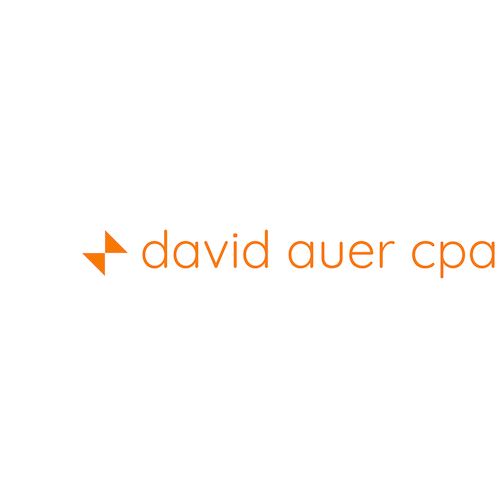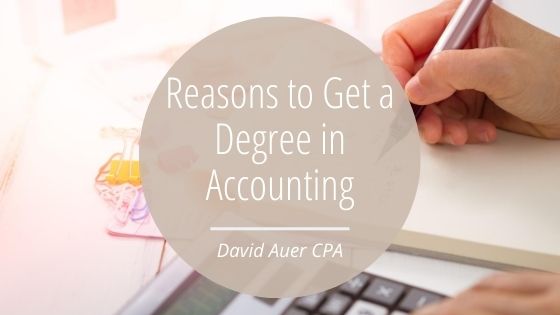Figuring out what career you want to go for in life is hard enough as it is, but having to choose a bachelor’s degree makes you decide what that career will be much sooner than some people may be ready for. Where do you want to go in life? What do you want to do with it? Why should you get a specific degree?
If you’re stuck in a rut, you should consider giving an accounting degree a try. Not only does this degree fit a wide variety of people and personalities, but it’s also a perfect field of study for those with a knack for math. You may be wondering, “So what? I can do anything with math.” While that’s true, there’s more than math that makes accounting a field worth looking into.
It’s in-demand: According to the US Bureau of Labor Statistics, accountants are both currently in-demand and will stay in-demand for the foreseeable future. As the world continues to globalize and taxes get more complicated, having someone who understands the ins and outs of accounting is invaluable for businesses. In fact, the field is expected to grow by about ten percent through 2026.
It’s versatile: As previously mentioned, having knowledge of accounting is invaluable to businesses, so having a degree in the field under your belt will help you prepare for a wide array of businesses. Accounting continues to become complex and, though business-related, spans along with “the breadth of the economy.”
It welcomes all personalities: In the business world, it’s generally a good idea to at the very least act extroverted, even if that’s not how you would normally act. Some people are more reserved and quieter than others or feel anxiety when they have to interact with other people. As an accountant, you’ll spend more time dealing with numbers than clients, and though you might have to work with your peers occasionally, it’s not often. When getting your degree in accounting, you can accomplish it from the comfort of your own home by doing it all online.
It improves your problem-solving skills: Since a big part of your career will be math-related, your work will be focused more on problem-solving than not. You’ll have to monitor the investments your clients make, the market conditions, and then adjust their investments as needed based on those conditions if you work as a personal financial advisor. If this is right up your alley, you’re in luck—the US Bureau of Labor Statistics predicts that this specific niche will grow by fifteen percent through 2026.

